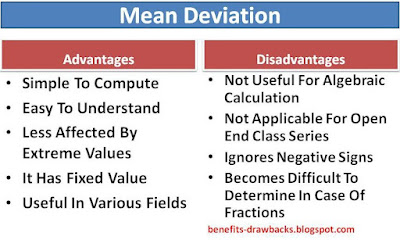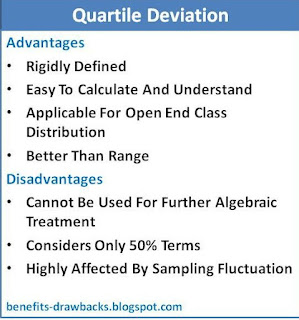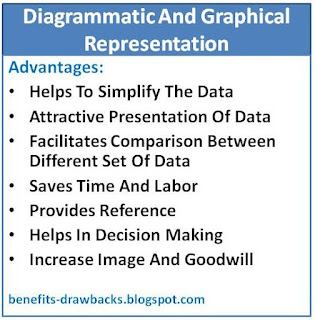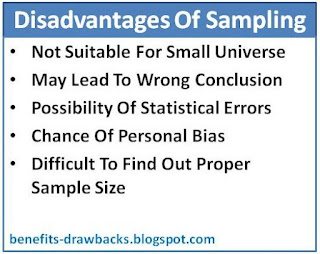Main advantages or benefits of audit program can be highlighted as follows:
1. Proper Supervision And Control
Properly developed audit program helps the auditor to know the progress of work and judge the efficiency of staffs. So, audit work can be properly supervised and controlled.
2. Time And Labor Saving
Audit work is performed on the basis of guidelines and procedures included in the audit program. Works can be performed smoothly without any confusion or difficulties. So, audit program helps to save time and effort.
3. Proper Distribution Of Work
It helps to distribute the audit work among the staffs according to their knowledge, skills and experience. It increases the working efficiency of the employees.
4. Maintaining Uniformity
It helps to maintain uniformity of the audit work.
Also Read:
Also Read:
5. To Maintain Continuity
Audit program includes complete audit procedures and guidelines. So, audit work will not be affected in the absence of any staff. New staff can easily handle the job.
6. Proof In The Court
Audit program is a legal document and auditor can present it in the court if needed.
It can be used for future reference also.
8. Detection Of Error
Audit Program detects errors occurred in the audit process and helps the auditor to prevent such errors.
9. Suitable For Large Business
Audit program is useful and suitable for large business houses with large volume of transactions.








































